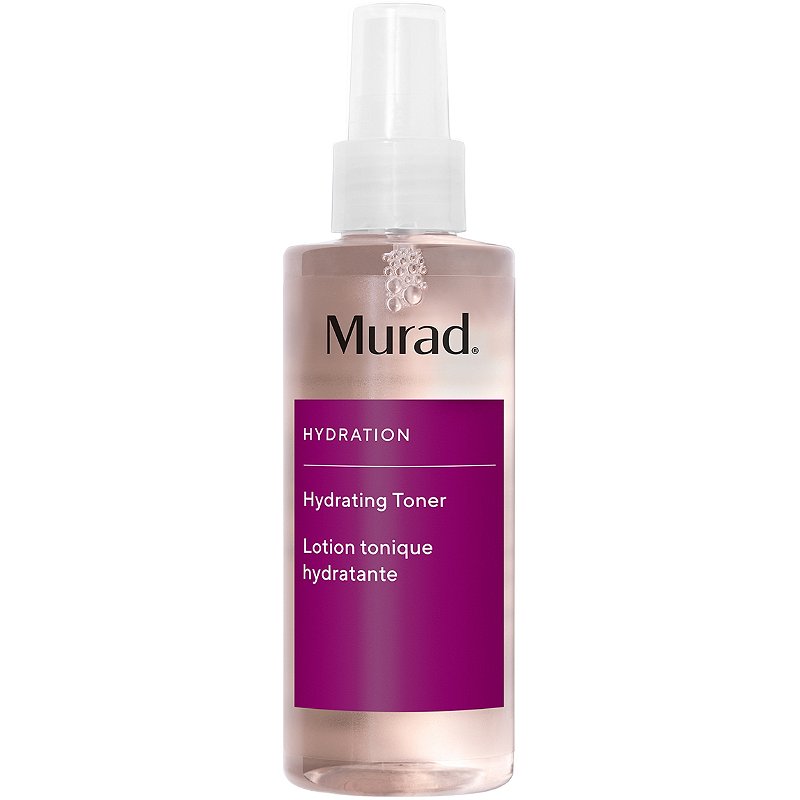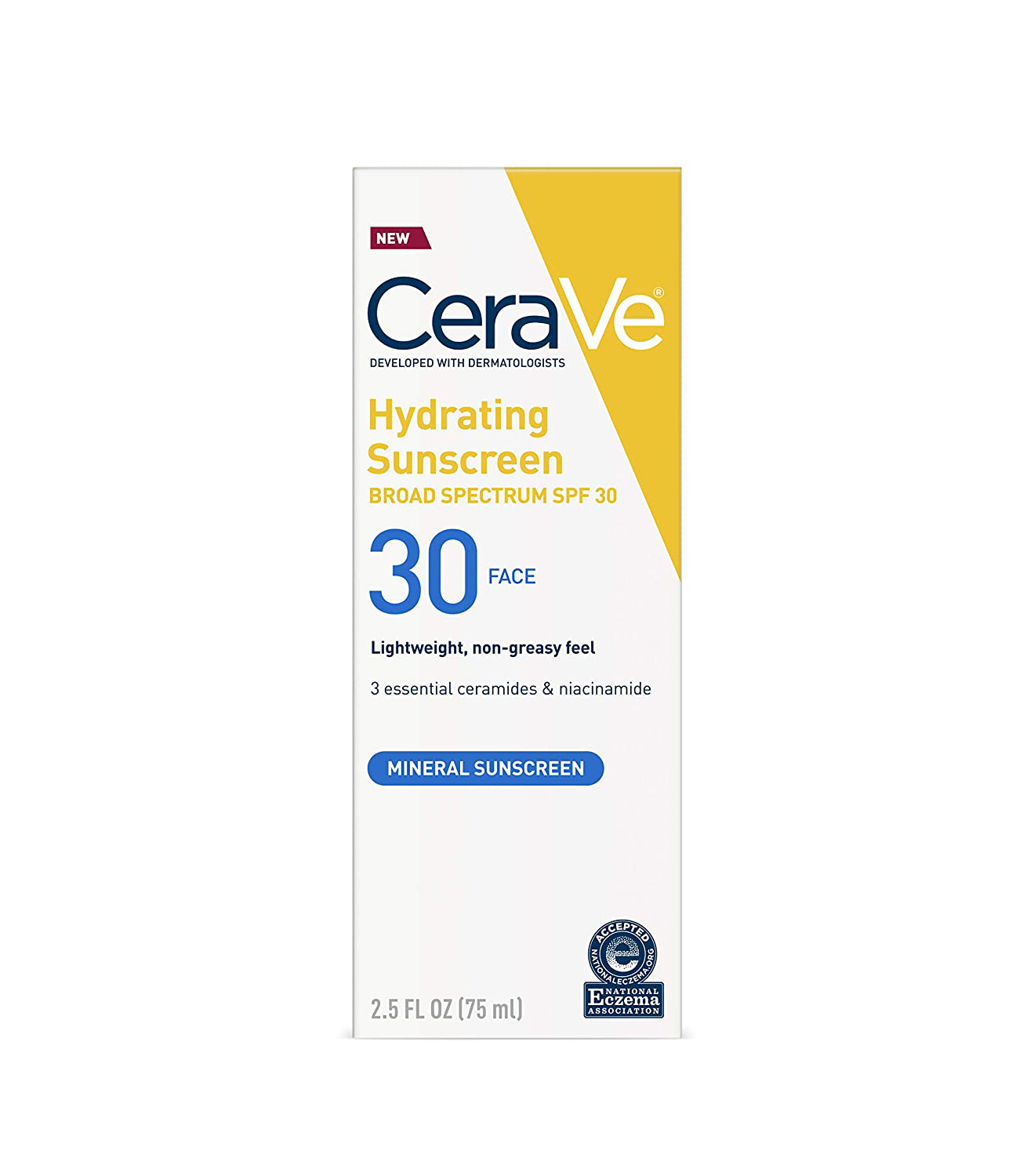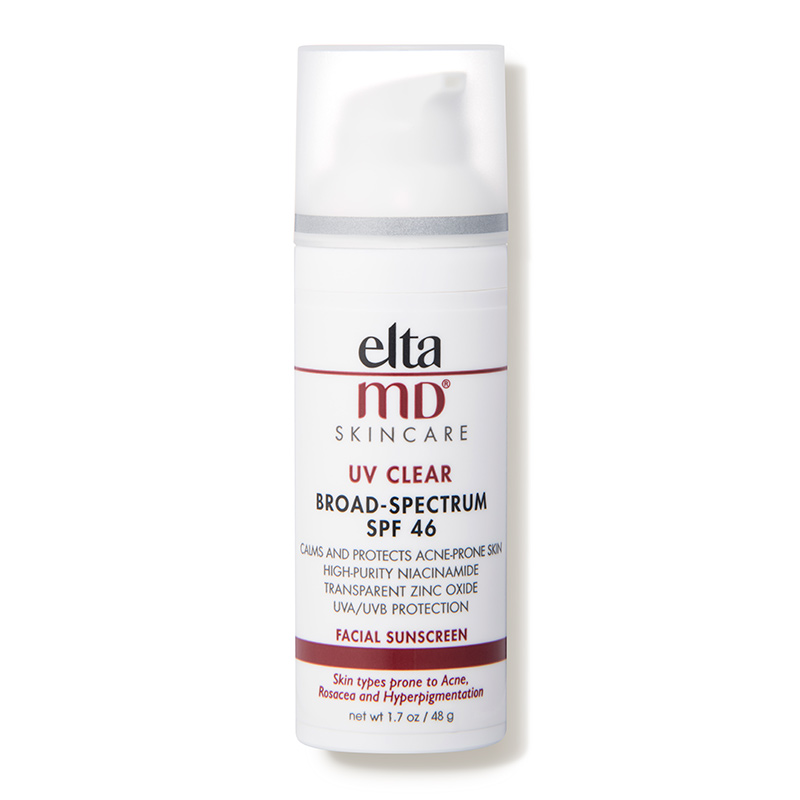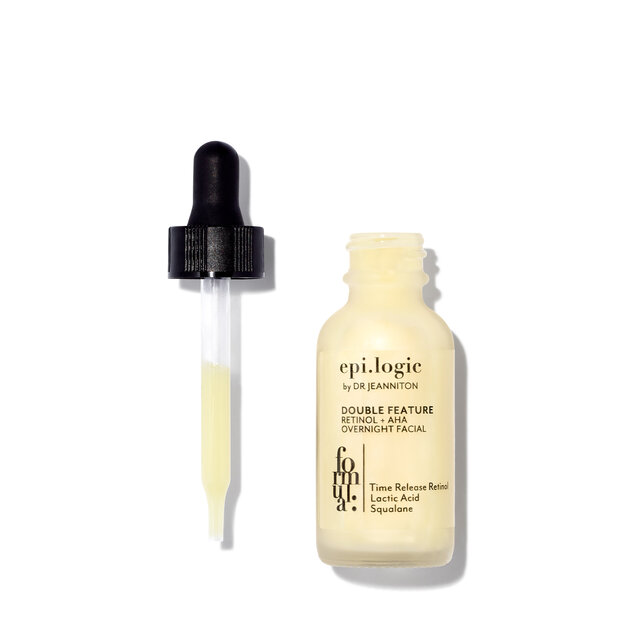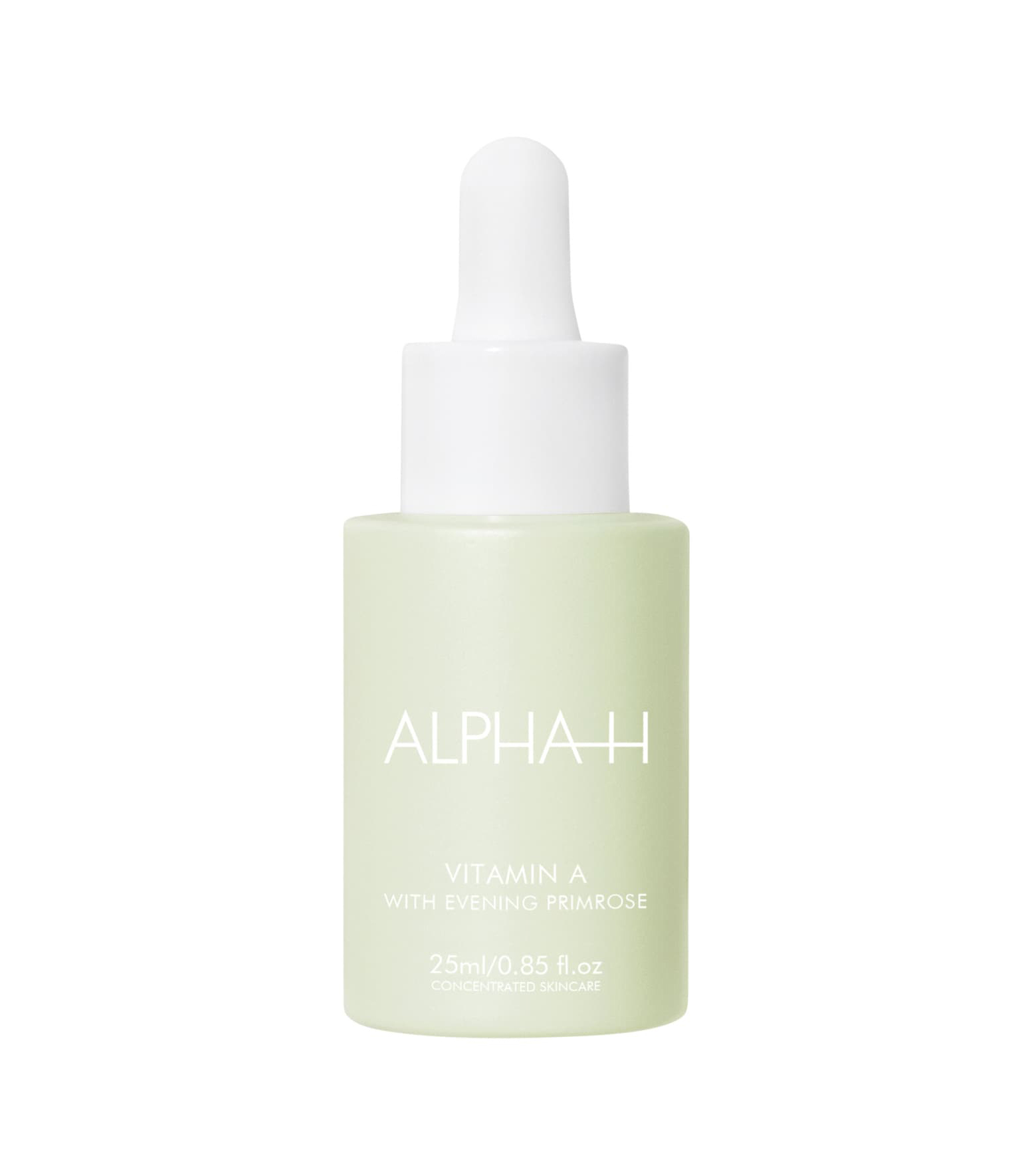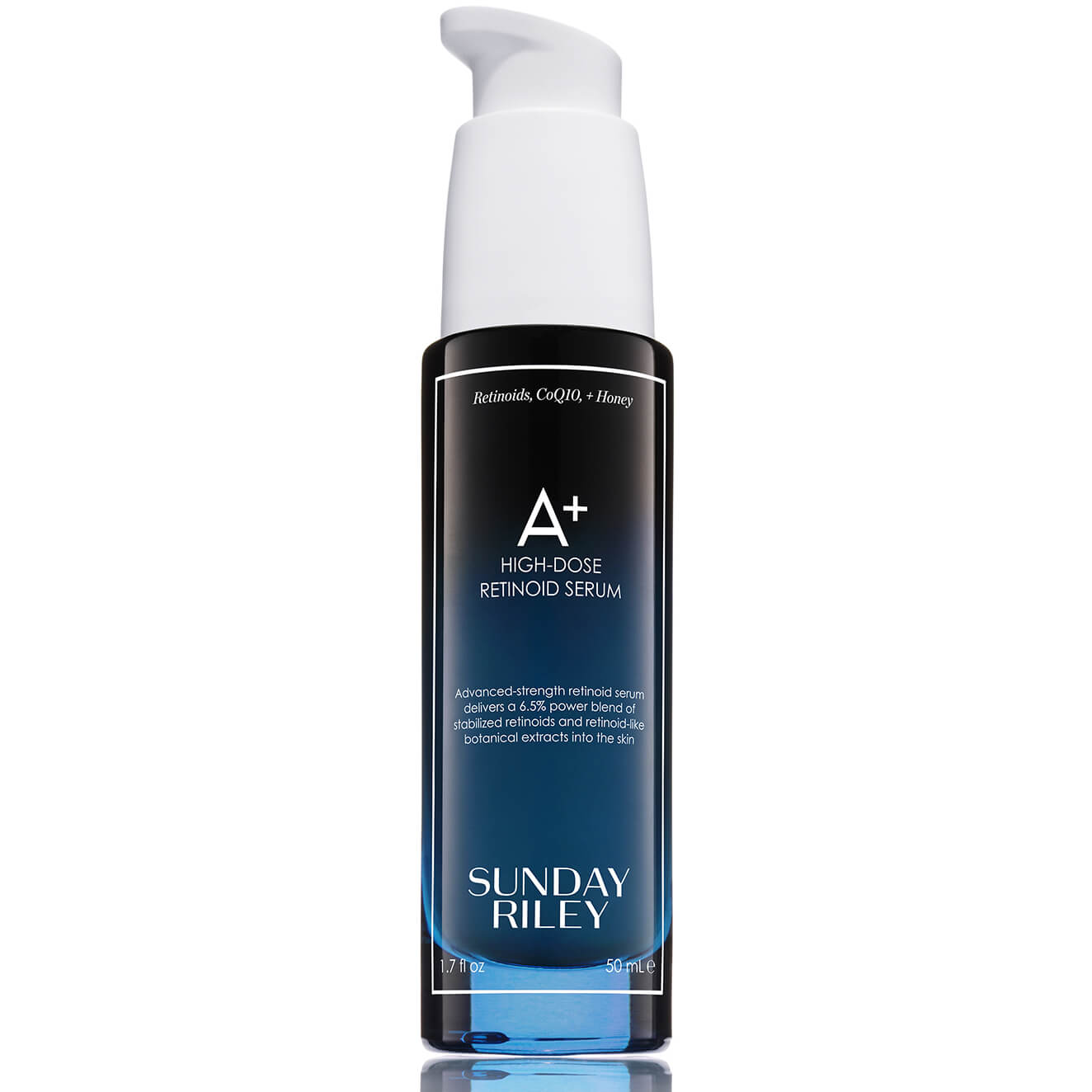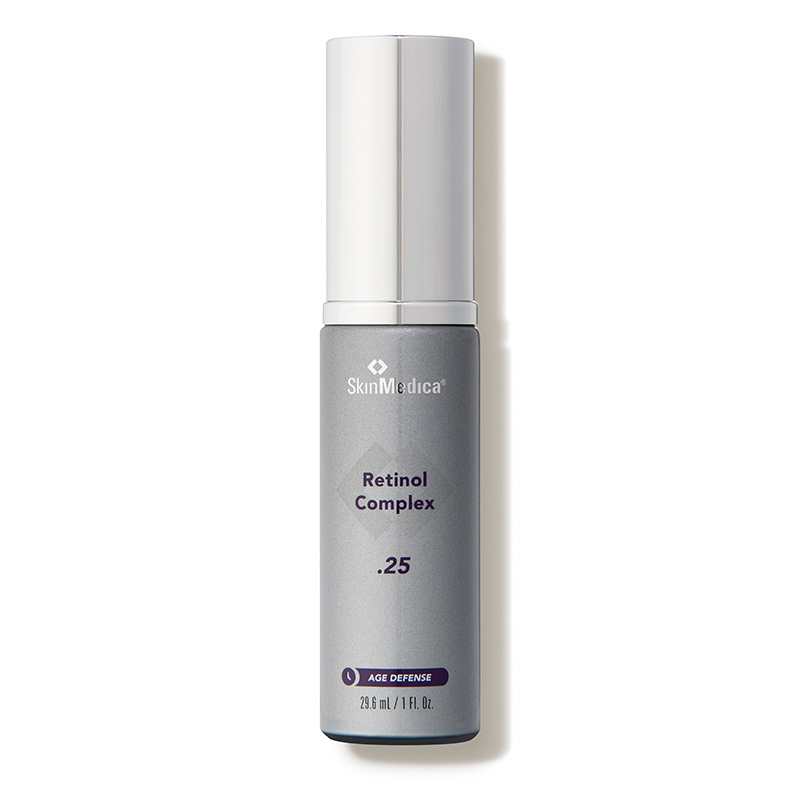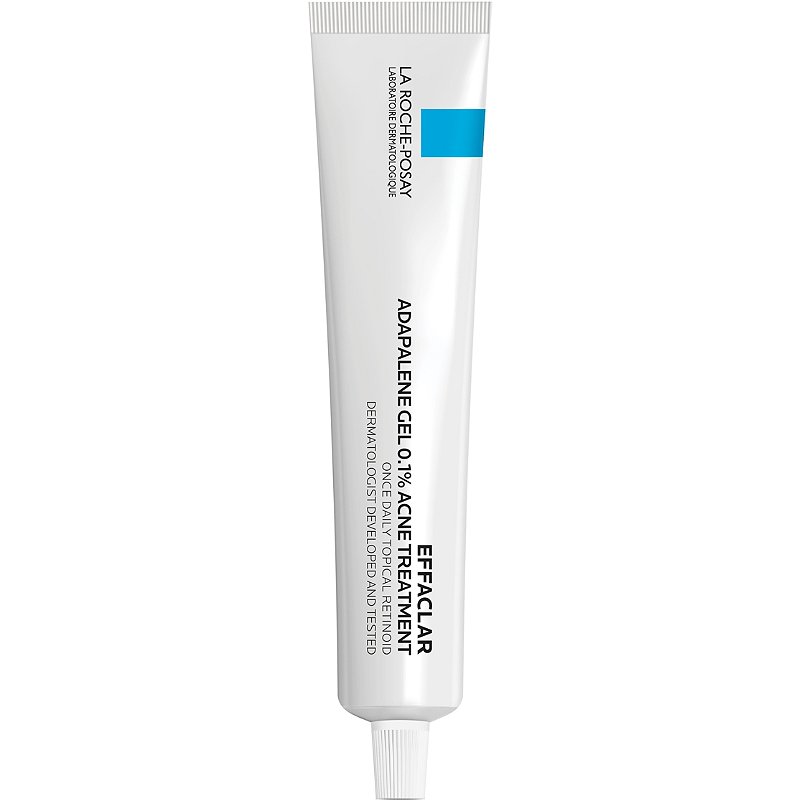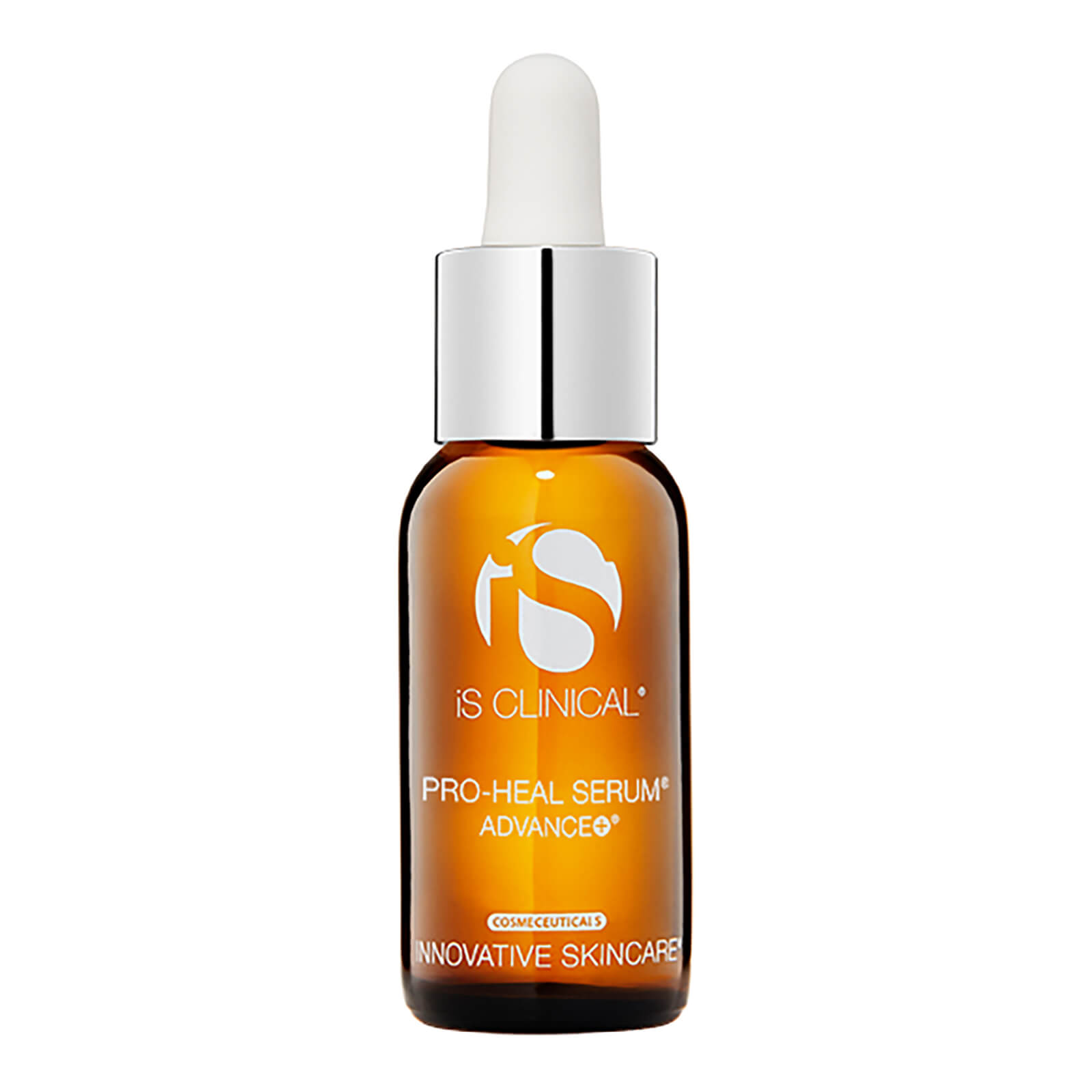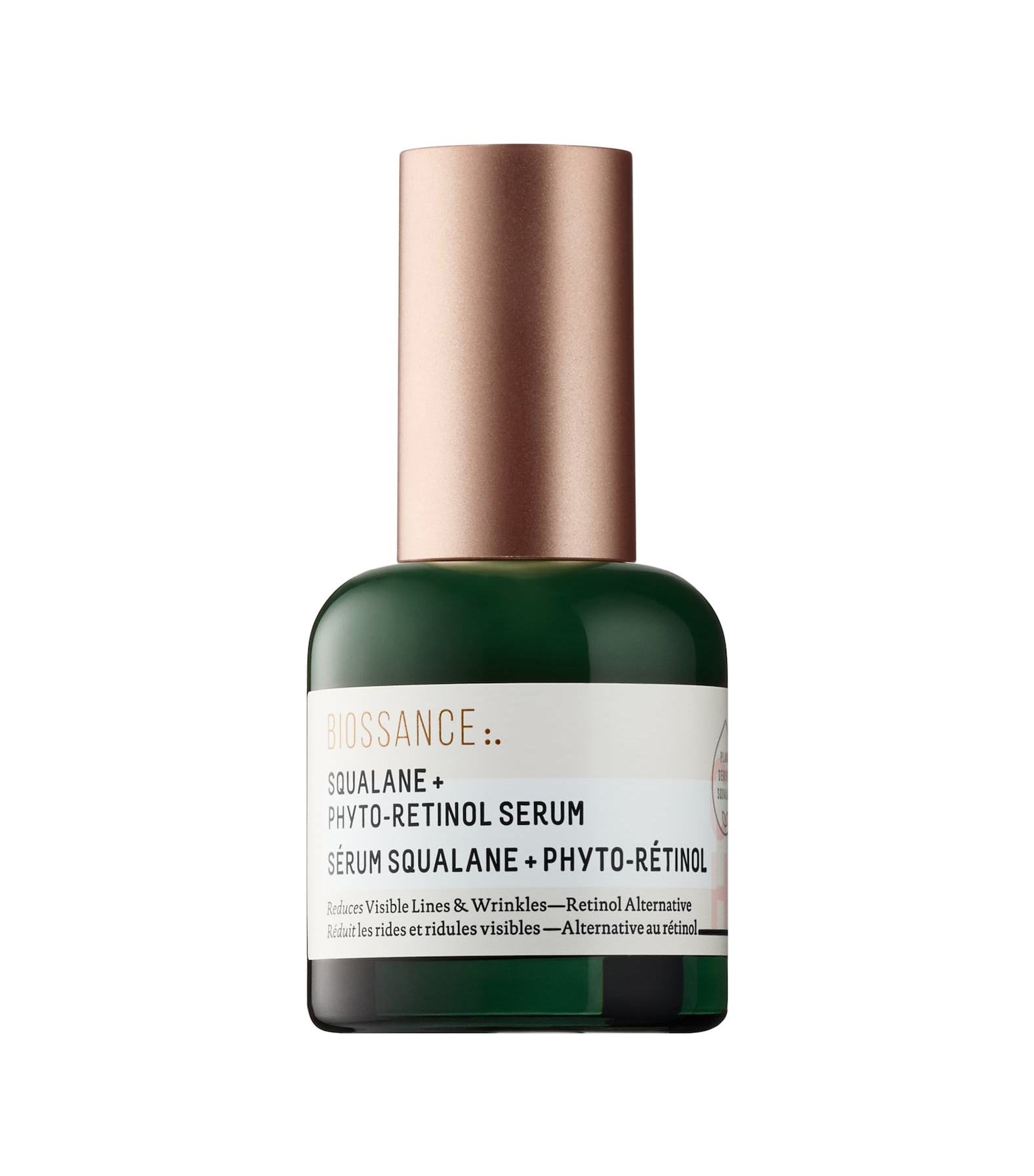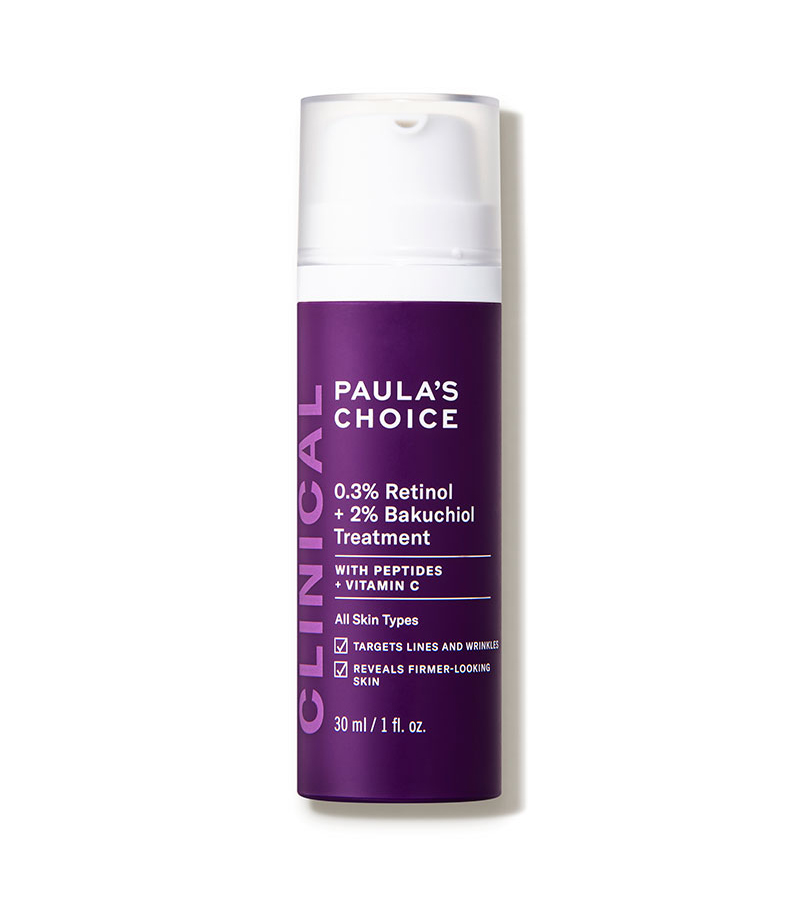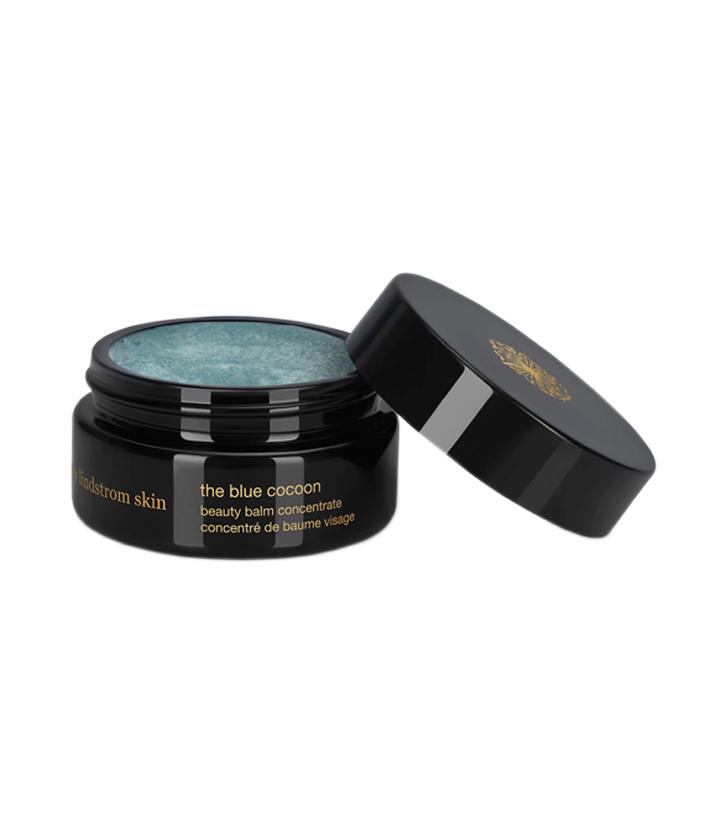This Super Vitamin Fights Acne, Hyperpigmentation, and Dark Spots

If there's one particular vitamin that has been proven to clear skin, it's vitamin A. A well-known vital nutrient for eye health, reproductive health, and the immune system, it also is key in helping the heart, lungs, kidneys, and other organs work properly. But it gets its reigning credit as a true fighter in skin health. A fat-soluble vitamin found in many foods, vitamin A acts as an antioxidant that can help promote better skin and overall health by fighting free radicals and warding off inflammation, an underlying factor in acne.
"Our skin, in particular, needs vitamin A to properly grow and function. Vitamin A acts on the skin by binding to certain receptors and altering gene expression related to skin functioning," explains Loren Franco, MD, FAAD, of Dermatology Specialists of Monmouth County NJ.
How Can You Get Vitamin A?

Since your body cannot produce vitamin A on its own, the essential micronutrient can be easily obtained from foods. Vitamin A1, also known as retinol, is only found in animal-sourced foods, such as oily fish, beef liver, and dairy. The other form, provitamin A or beta-carotene, is found in red, yellow, and some green fruits and vegetables, such as winter squashes, peppers, carrots, and spinach. Just one cup of sweet potatoes has 1836 micrograms (mcg.), way above your daily requirement of 700 to 900 mcg. Most people can get enough vitamin A from their diet. Supplements aren't normally recommended because a high dosage can cause internal problems, like liver damage.
Vitamin A can also be found in skincare products and, when applied topically, can have a whole range of benefits and address a number of concerns.
How Does Vitamin A Benefit the Skin?
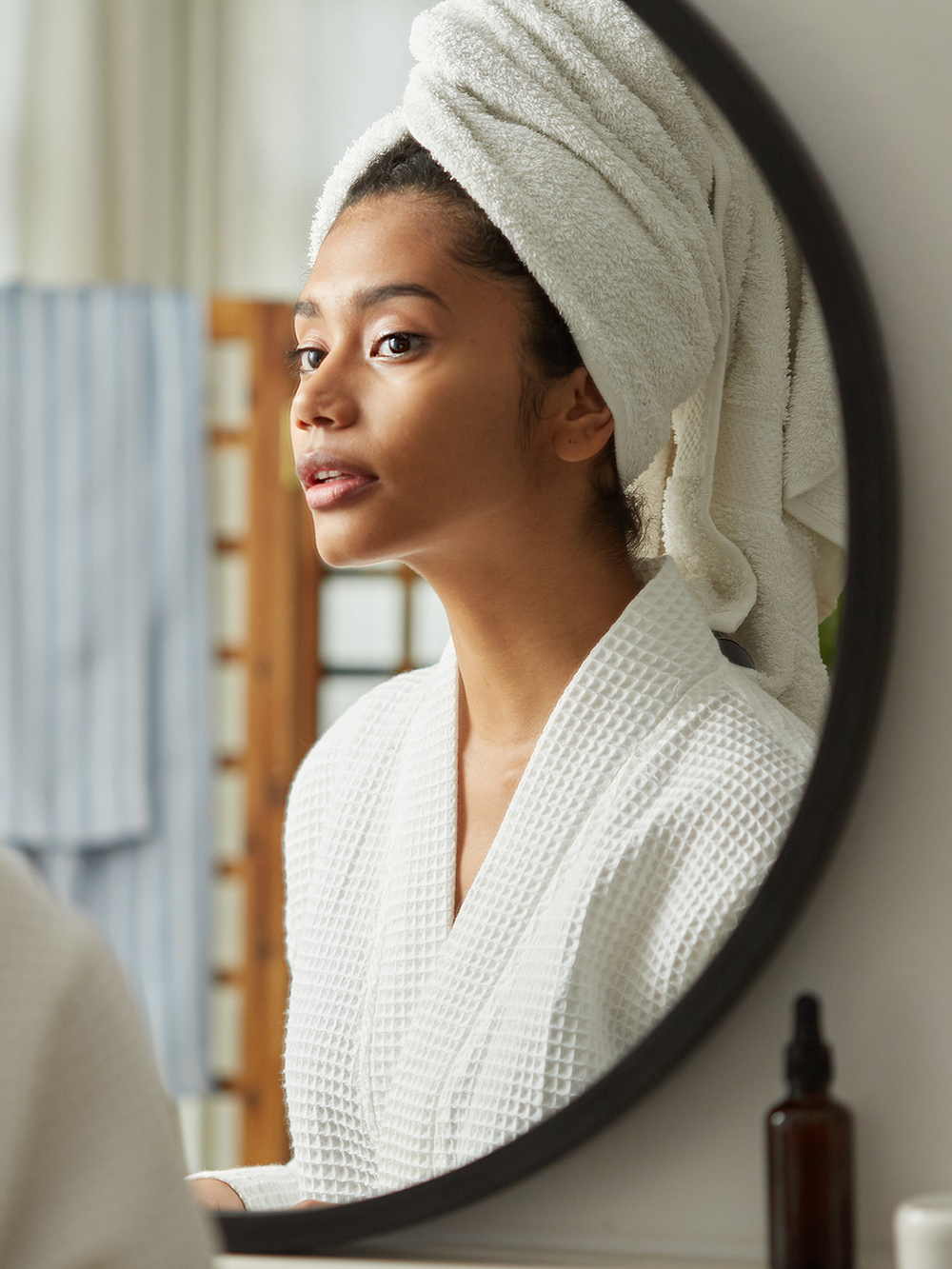
NYC– and L.A.–based esthetician Samantha Matteoni relies on vitamin A topical products to protect against UV damage, slow the signs of aging, fight free radicals, and stimulate collagen production. "It also encourages healthy skin cell production and protects against infection, as vitamin A promotes the healing and softness of our skin and regulates the metabolism of cellular regeneration in the stratum corneum, the outermost layer of the epidermis," Matteoni adds.
When used topically, retinol, retinal, and retinoic acid (Retin A) are powerful forms of vitamin A that can have a deep impact on the cellular makeup of our skin, which is why dermatologists credit them in reducing oil production, fighting inflammation, and preventing clogged pores. "Topical retinoids come in a variety of molecular forms, which dictate not only how strong and effective they are but also how stable they are," Franco says. "As you go up in strength, skin irritation becomes an issue."
How to Start Using Vitamin A Skincare Products
1. Take a Look at Your Existing Products
The number one rule for using a vitamin A skincare product for the first time: Make sure that the rest of the products you're using are not irritating. Avoid using products with vitamin C, benzoyl peroxide, and AHA/BHA acids until you've built up the tolerance for it. For a cleansing and alcohol-free toner, use a hydrating one as a nightly solution that will keep your skin barrier well hydrated. Consistency is the key for retinol to work, so be patient, as it can take up to 12 weeks to see the full results.
2. Don't Forget Sunscreen
Only use retinoids and retinol in your nighttime routine since they can increase your skin's sensitivity to UV damage. To stay protected, it's important to always wear sunscreen—even on dreary days.
3. Go With a Low-Concentration Formula
The key is to start at the lowest concentration and slowly build up the skin's tolerance when you've become accustomed to it. The weakest and least irritable of all the topical vitamin A is retinol, which is commonly available in several over-the-counter products. "Sometimes, I'll recommend patients sandwich their retinoids with their moisturizer—meaning moisturize first, then apply the retinoid and then moisturize again to avoid persistent irritation or dryness," explains Franco.
4. Start Slow
Franco says irritation may occur when you first use the product. It usually starts after a few days and lasts a few weeks or until the skin builds up a tolerance. "If my patients are retinoid naïve and haven't used one in the past, I always instruct them to start slow. Apply a pea-size amount to the entire face (not a spot treatment!) at bedtime every third night for the first week, and over the next few weeks, slowly work your way up to nightly," she says.
One way to start is with a small pump of SkinMedica's Age Defense Retinol Complex .25. With the smallest amount of retinol and PhytoShield Complex, it's great to start with in the evening. As your skin gets used to it, you can increase from the .25% version to .5% (and then 1%).
The next vitamin A derivative is adapalene, which is more fat-soluble, so it penetrates the skin and oil glands better, making it a great choice for treating acne if your skin can handle it. La Roche-Posay's Adapalene Acne Treatment is prescription strength. The nongreasy, gel-like texture is quickly absorbed into the skin following a cleanser.
Lastly, tretinoin is one of the strongest topical retinoids and requires a prescription, making it the most studied form of topical vitamin A for both acne and photoaging. It is also the key ingredient in reducing hyperpigmentation and light brown spots. "Not only does it increase cellular turnover, shedding pigmented and damaged surface cells, but it also allows room for healthier cells to move up and create an even skin tone, as it suppresses the enzyme tyrosinase, which is responsible for pigment production in creating dark spots," Matteoni shares.
It's important to note that it is also one of the most irritating and unstable vitamin A products, as it can be deactivated by heat, light, and benzoyl peroxide (another common acne-fighting ingredient).
5. Try These Alternatives If Your Skin Is Too Sensitive
There are a handful of ingredients that are best to avoid while you are pregnant, trying to get pregnant, or breastfeeding, and retinoids and retinol are two of them. But don't worry—there are options! One is bakuchiol, a plant-derived retinol alternative that targets fine lines, wrinkles, and sun damage and works on sensitive skin.
6. Moisturize
Don't forget to moisturize so you can soothe any irritation and keep the skin hydrated.
Next up: How Vitamin K Can Help Improve Your Skin, Bones, and More
This article is provided for informational purposes only and is not intended to be used in the place of advice of your physician or other medical professionals. You should always consult with your doctor or healthcare provider first with any health-related questions.
